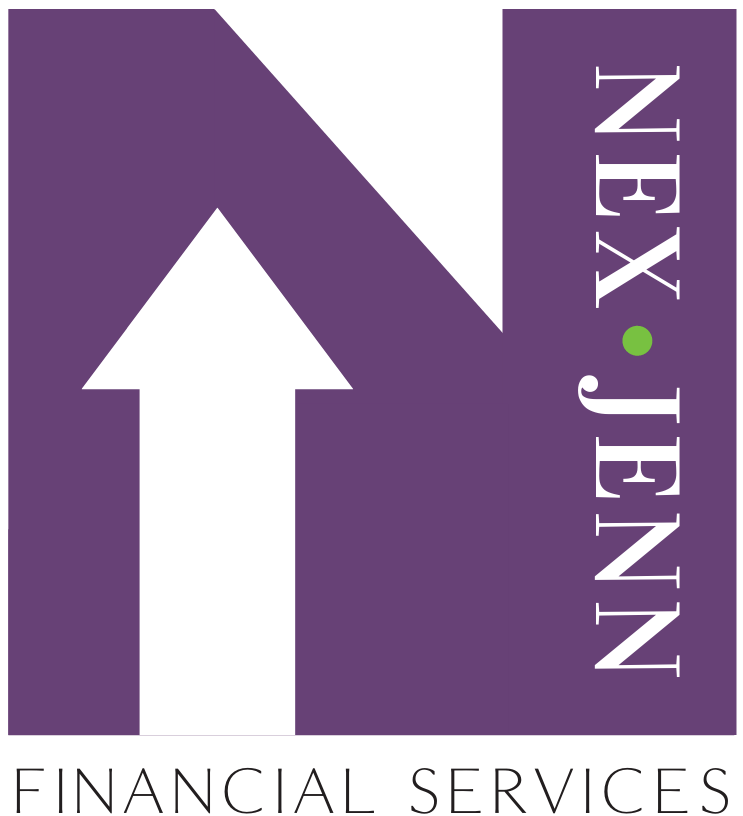
Estimated Read Time: 4 1/2 minutes
Many employee benefits packages provide the usual retirement, vacation, health, vision, dental, basic life, and disability insurance benefits; however, some employers offer additional benefits. There are different benefit programs that can cover a variety of special circumstances. In some instances, they could be exactly what you need.
Here are the key benefits that you will learn about in this blog:
● Dependent Care Assistance Program (DCAP)
● Education Assistance
● Legal Services and Identity Theft Protection
● Adoption Assistance
● Payroll Deduction Services
● Charitable Matching Contributions/Volunteer Programs
● Employee Benefits Statement
Dependent Care Assistance Program (DCAP)
A DCAP is a written plan that can help you pay for work-related dependent care services with pretax dollars. The program typically takes one of three forms:
● Your employer reimburses you for qualified expenses
● Your employer pays third parties for qualified expenses
● Your employer provides an on-site facility to care for your dependent while you are working
The services must be for a qualifying individual’s care. A qualifying individual would be your dependent that is under the age of 13 or a dependent who is physically or mentally incapable of taking care of themselves. Also keep in mind that if you qualify for the dependent care credit tax through the IRS, you might not be able to participate in a DCAP.
Your employer needs to follow certain rules when it comes to DCAPs. They are required to notify you about the plan’s availability and they must provide you with an annual statement summarizing the amount of the qualified expenses.
Another type of DCAP program is a flexible spending account (FSA). An FSA allows you to set aside up to $5,000 ($2,500 if married filing separately) per year, pretax, in an account that can later be used to pay for qualified dependent care expenses. Any unused funds will be forfeited if there is not a carryover feature that allows you to roll over a portion of unused FSA dollars to the next calendar year. Since most of these accounts have a use-it-or-lose-it functionality, consider historical costs prior to committing to a dollar amount.
Education Assistance
Your employer might offer benefits to help you further your education and/or maintain or improve your job skills. These types of benefits can be provided through an education assistance program or as a working condition fringe benefit.
Through this program, your employer will pay a portion of expenses for undergraduate or graduate programs to help cover costs for tuition, fees, and books.
If your educational expenses can be considered a “working condition benefit,” meaning your employer is paying towards a work-related educational program, your employer might offer to pay for most or all of your educational expenses.
Legal Services and Identity Theft Protection
Benefits for legal services come in a wide variety of forms, from simple referral services to large group plans that offer comprehensive legal counseling. For the price of a monthly payroll deduction, these benefits can provide you with valuable access to legal counsel that would normally be costly and difficult to find. Be aware that payments made for legal services by your employer will be considered taxable income for you.
Another popular benefit is an identity (ID) theft protection plan. Employers may choose to purchase ID theft insurance for all of their employees, or they might offer you ID theft protection as a voluntary benefit paid for through payroll deduction.
Adoption Assistance
Some employers offer adoption assistance to help employees defray a portion of the adoption fees, which can help them gain the financial resources necessary to complete the adoption process. Please note that not all employees might qualify for adoption assistance – as of 2022, gross income will play a factor in eligibility.
In addition, you may also be eligible for a non-refundable tax credit (up to $14,890 in 2022) for each eligible adoption.
Payroll Deduction Services
A payroll deduction service is a way to help employees build savings and investing habits. It allows employees to earmark a specified amount from each paycheck for savings, checking, or credit union account deposits; IRAs; college and health savings plans; insurance premiums; charitable contributions; and bill or loan payments.
Charitable Matching Contributions/Volunteer Programs
A charitable matching contribution plan allows you to make a charitable donation to a qualified organization of your choosing and your employer, in turn, makes a matching contribution. Sometimes employers are also willing to make a matching contribution for your volunteer hours at a qualified organization.
Employee Benefit Statements
If your employer provides you with an employee benefit statement, you will be able to get a much better idea of how your chosen benefits are working for you. Depending on the programs you’ve chosen, you may be pleasantly surprised at your cumulative savings. If you don’t receive one as part of your annual review process, ask your employer’s benefits manager if they can provide you with one.
These are the most common benefits, so be sure to find out what special benefits your employer offers. They may provide you with true value if they fit your specific circumstances. If one of these benefits does fit a specific need of yours, take full advantage of the offer!
